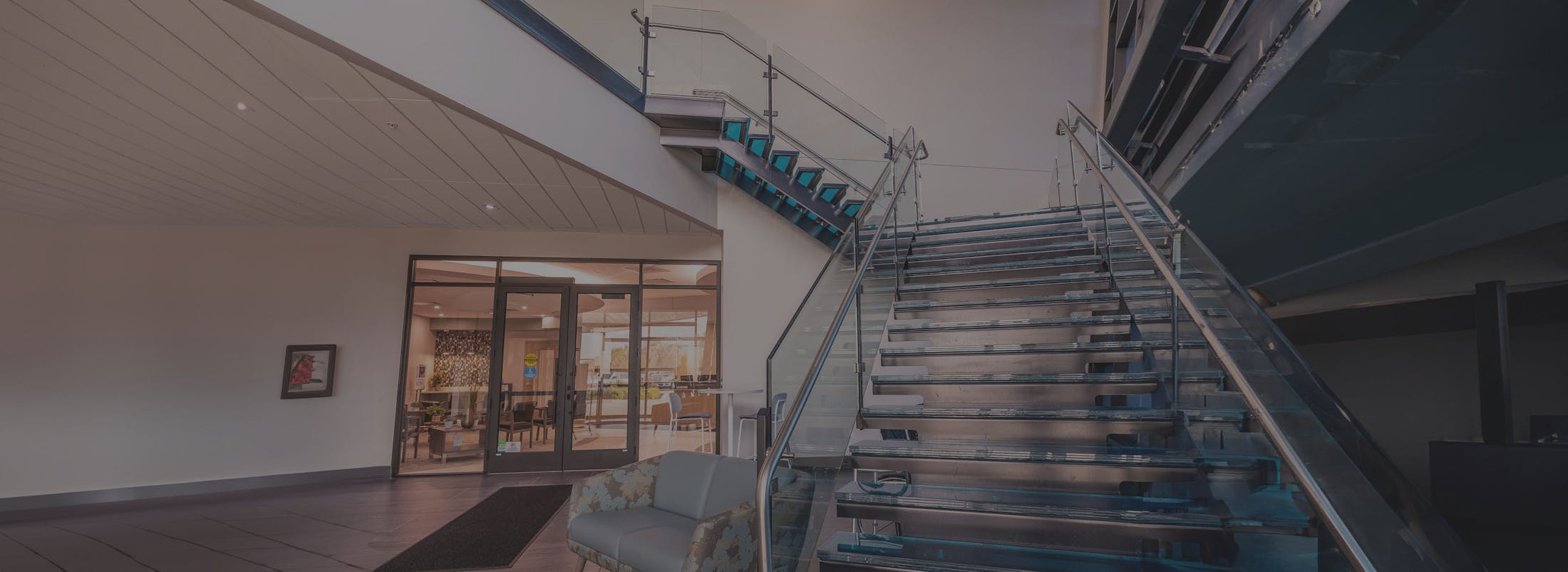
National GERD Awareness Week is Nov. 24 – 30
Thanksgiving is a time for family and friends to gather, express gratitude and enjoy an abundant feast. Many, however, find themselves reaching for the antacids instead of a second piece of pumpkin pie. It’s not uncommon to experience indigestion after overindulging. But for some, the discomfort is more frequent than just an occasional annoyance.
When heartburn interferes with daily life, occurring two or more times a week, it may be a symptom of a more serious condition like Gastroesophageal Reflux Disease (GERD).
 GERD is a common digestive disorder affecting the lower esophageal sphincter (LES), a muscle that connects the esophagus with the stomach. When functioning properly, the LES opens temporarily when food or drink is swallowed, and closes quickly after it passes through. GERD is caused by a damaged or weakened LES that allows acid, bile and food to flow back (reflux) into the esophagus.
GERD is a common digestive disorder affecting the lower esophageal sphincter (LES), a muscle that connects the esophagus with the stomach. When functioning properly, the LES opens temporarily when food or drink is swallowed, and closes quickly after it passes through. GERD is caused by a damaged or weakened LES that allows acid, bile and food to flow back (reflux) into the esophagus.
It’s no coincidence that National GERD Awareness Week falls on the calendar around Thanksgiving. The holiday is often synonymous with overeating and serves as the perfect time to raise awareness of the disease and encourage people experiencing GERD-related symptoms to talk with a doctor.
Symptoms of GERD
Heartburn and acid regurgitation are the most common symptoms of GERD, but not the only ones. Some GERD sufferers experience:
- Difficulty or pain when swallowing
- Belching
- Hoarseness
- Dysphagia (the sensation of food sticking in the esophagus)
- Chronic sore throat
- A sudden excess of saliva
- Dental erosion
- Inflammation of the gums
- Bad breath
- Pain in the chest or upper abdomen
Treatment & Technology
Lifestyle changes and medications are often the first steps of treatment for GERD. The disease can sometimes be managed by quitting smoking, staying upright after meals, exercising, losing weight, and avoiding problematic foods like fried or spicy meals, coffee, citrus, alcohol and chocolate. Medications can also help with heartburn symptoms but do not address a weakened LES, which is the root cause of GERD.
If symptoms continue or worsen, it may be time to consider a more effective and longer-lasting solution such as laparoscopic fundoplication or the LINX Reflux Management System.
Fundoplication
Fundoplication surgery is commonly used to treat gastric reflux symptoms caused in part by a hiatal hernia, which is when part of the stomach pokes into the chest cavity.
During fundoplication surgery, the top of the stomach is wrapped around the lower portion of the esophagus, where it is sewn into place. The procedure repairs the natural anti-reflux barrier, preventing stomach contents from refluxing back into the esophagus.
Fundoplication surgery has been shown to provide long-term relief of gastric reflux symptoms in approximately 87 percent of patients.
LINX Reflux Management System
Unlike other procedures used in the treatment of gastric reflux, the LINX system requires no altering of the stomach. It is implanted laparoscopically and consists of a small a band of magnetized titanium beads that wrap around the base of the esophagus. The band prevents stomach acid from being pushed into the esophagus but also expands and contracts for easy swallowing.
The LINX system is a permanent, drug-free solution that helps get patients back to a normal lifestyle unrestricted by GERD.
Long-Term Benefits of LINX
- EASES symptoms of heartburn and regurgitation
- LESSENS instances of acid exposure to the esophagus
- REDUCES or ELIMINATES the need for gastric reflux medications
Take Action
Because GERD can lead to serious medical conditions, including ulcers of the esophagus, Barrett’s esophagus and even cancer, early detection and treatment is vital.
Take control of your chronic heartburn or GERD-related symptoms, and schedule an appointment with your GI physician to discuss diagnosis and treatment options.
For more information regarding GERD or the LINX Reflux Management System, call Surgical Associates at 1-888-278-3795.


